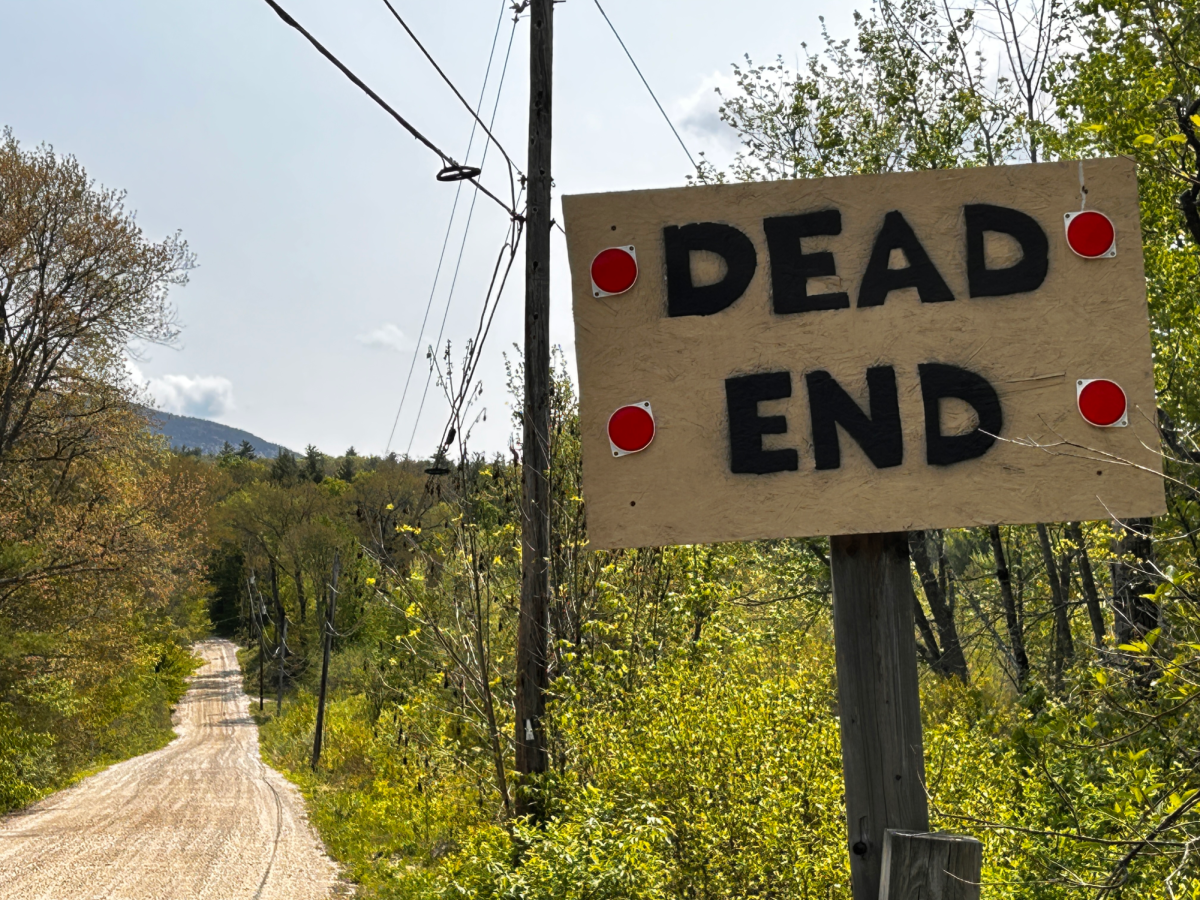“Well, I can always drop out and be a stripper.”
How many times have students jokingly heard that or similarly defeatist expressions in the dorms of their school, the hallways, or even said it themselves? How often is this merely an expression of frustration, and how often is it a critical indication of a wider, generational problem?
Gen Z, people generally born between 1997 and 2012, is well-known for their strange, occasionally absurdist sense of humor. Various studies point to several causes for this – it can serve as a creative outlet, a way to blow off steam, or a coping mechanism. Previous generations certainly had their share of weird humor (think of the sitcoms of the 90s or the emo culture of the early 2000s), but Gen Z’s penchant for dark or even fatalistic humor reflects a more intense backdrop of societal threats and mental health crises.
Gen Z is facing challenges that no previous generation has. After living through a pandemic during some of their most formative years, Gen Zers are dealing with the repercussions that has had on mental health, such as anxiety, depression and substance abuse, which spiked during the pandemic and have since continued to be prevalent issues. Political happenings act as a depressing reminder of the powerlessness that many feel, climate change threatens the future of the planet and billions of lives, and social threats like gun violence and discrimination are at the forefront of daily conversations.
Nearly two-thirds of Gen Zers report experiencing a mental health problem in the last two years, and more than three-quarters experience moderate to severe psychological stress. Further highlighting the generational divide, the Walton Family Foundation reports that Gen Z is almost twice as likely to experience depression (42%) as are Americans over the age of 25 (23%). With that in mind, it makes sense that this generation gravitates towards dark humor that often centers around mental health or related topics.
The prevalence of mental health challenges in students prompts a critical question: How do college students perceive the usage of such humor within their communities?
Bernardo Martinez, a first-year student at Drake, said that dark humor can be “funny, but some people find it upsetting, which is not fun.” This duality highlights the nuanced nature of Gen Z’s relationship with this type of humor – it’s a lifeline for some but a trigger for others.
Gen Z’s dark and fatalistic humor finds itself at the intersection of a generation that’s both incredibly expressive and deeply troubled. While it can serve as a coping mechanism, encouraging discussion of serious topics in a more casual manner, it also testifies to a troubling reality: This generation is drowning in anxiety, depression and hopelessness. And as such, there is a fine line between humor and insensitivity. It’s imperative to realize that a “joke” can quickly transform into a trigger or cause pain to those who are struggling.
Audra Snyder, another first-year student at Drake, explained how they use this type of humor. “I use it a lot; I’m pretty self-deprecating,” she said. “I also like to make people laugh, and I know it’s a way to relate to others.”
“But it can go bad very easily,” they added. “You have to know your audience. You get into dangerous territory when you assume things.”
At the same time, Gen Z’s dark and sometimes unsettling jokes serve as a powerful and often poignant form of social commentary, critiquing social norms, highlighting serious issues and calling attention to many of the struggles younger generations are facing. This attention to serious topics may reflect an underlying desire for change, even amidst a bleak social landscape.
Petya Haralanova, a senior at Drake, touched on this very thing. “Dark humor uses our sad reality,” she said. Haralanova was especially passionate about identifying the power that comes from speaking about that reality, and used the wage gap as an example.
“If women make jokes about only earning 75 cents for every dollar a man makes, that’s okay. But when men make those jokes, it tends to be demeaning,” Haralanova said.
Drake University particularly is known, at least among its students, as a place where this type of humor is widely used. Not only are students making these jokes in real life to their friends, but several Instagram accounts (such as fac.ffirmations and griffsdrool) exist specifically to poke fun at the University, its students and perhaps the pain of existence.
But there’s a dark side to that as well. Madelyn Serio is another Drake student with a firsthand experience of the darker side of online dark humor.
“I don’t like it,” she said. “People will say it’s ‘just a joke’ so that they can say things that might be racist, homophobic or threatening and get away with it.”
A few years ago, Serio ran an Instagram account that had almost 40,000 followers. But after she started receiving threatening messages, she closed the account out of fear for her own safety and to protect her mental health. When asked about the line between a joke and overstepping, Serio was clear: “Be respectful. Don’t say anything like that to strangers or on the internet. That really impacts people.”
As the second most diverse generation (after Gen Alpha), Gen Z is navigating the complexities of humor in a wide range of social settings. Numerous studies have found that this generation is also the most attuned to mental health issues and the myriad of backgrounds and experiences that people have, especially surrounding the topic of mental health. Their mindfulness can help shape how they engage with dark humor, pushing the generation as a whole to strike a balance between humor and sensitivity.







